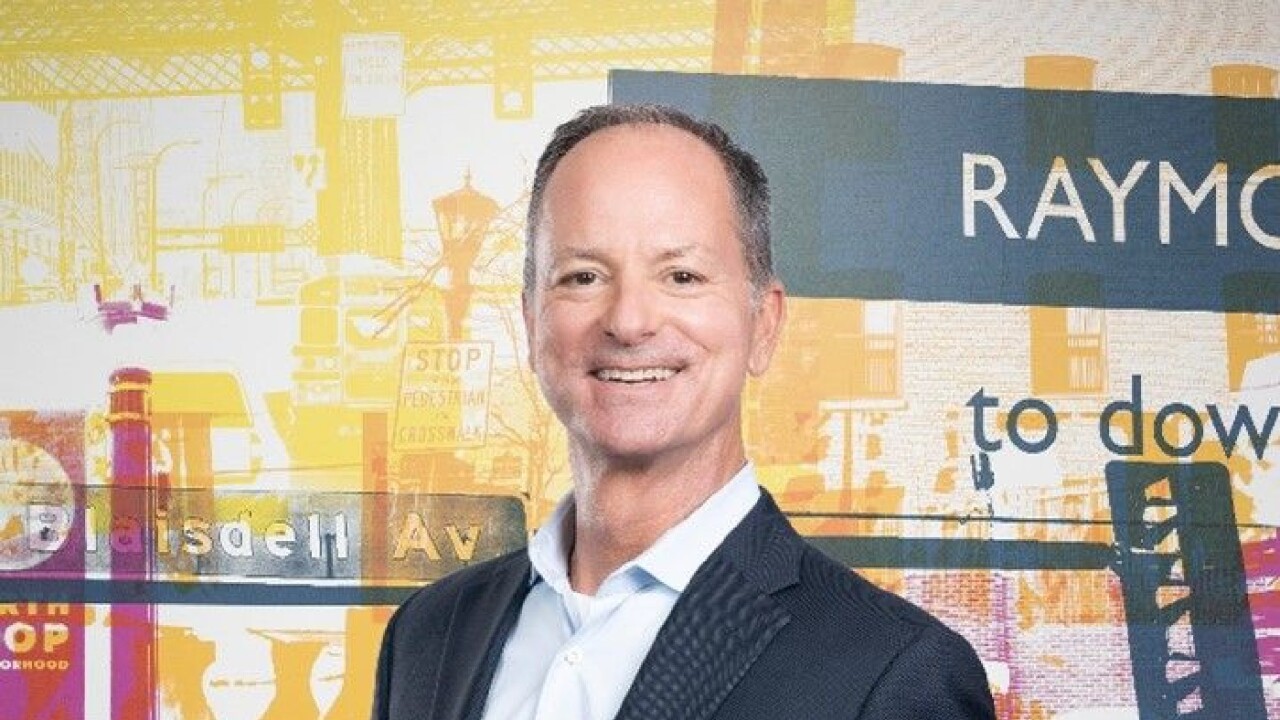Officials in Horry County, S.C. unveiled a plan Monday for recovering some of an estimated $20 million in unpaid EMS bills.
The plan encourages officials to try to collect smaller amounts from poorer patients and to use a collection agency to pursue out-of-state debtors who account for nearly 30% of the overdue notices.
Unlike South Carolina residents, whose state income tax refunds can be garnished to pay the unpaid EMS bills, those visiting from outside the state live beyond the reach of the South Carolina Department of Revenue. County officials are recommending that delinquent accounts - more than 120 days past due - for out-of-state residents be turned over to a collection agency, according to a Myrtle Beach Online report.
Horry County has a population of roughly 300,000. Key cities include Conway, the county seat, and Myrtle Beach. Unpaid EMS bills in the county have jumped in recent years from $8.4 million in fiscal year 2007 to nearly $20 million this year. The number of calls for service also jumped by nearly 12,000 over the last five years, topping 49,000 in the fiscal year that ended June 30. In 2010, EMS billing rates were increased as part of a plan to boost revenues but it didn’t solve the problem. Earlier this year, county leaders wrote off nearly $5.7 million in 2012 EMS bills. Assistant County Administrator Justin Powell suggested the county create a "hardship policy" to allow it to write off some of the bills for impoverished patients. Under the plan, Horry County would require that a patient provide income verification to receive the reduced rate. The amount of the write off would depend on the person’s income relative to the federal poverty guidelines. County officials have said many people who don’t pay have no health insurance. Powell pointed out that a $900 EMS bill amounts to a significant portion of a minimum wage worker’s annual pay. By lowering that amount for eligible patients, he said, the county could at least bring in some revenue. While the county council’s Public Safety Committee supported the full proposal, it still must be approved by the council. Council members stressed that they should receive biannual progress updates if the program passes.





